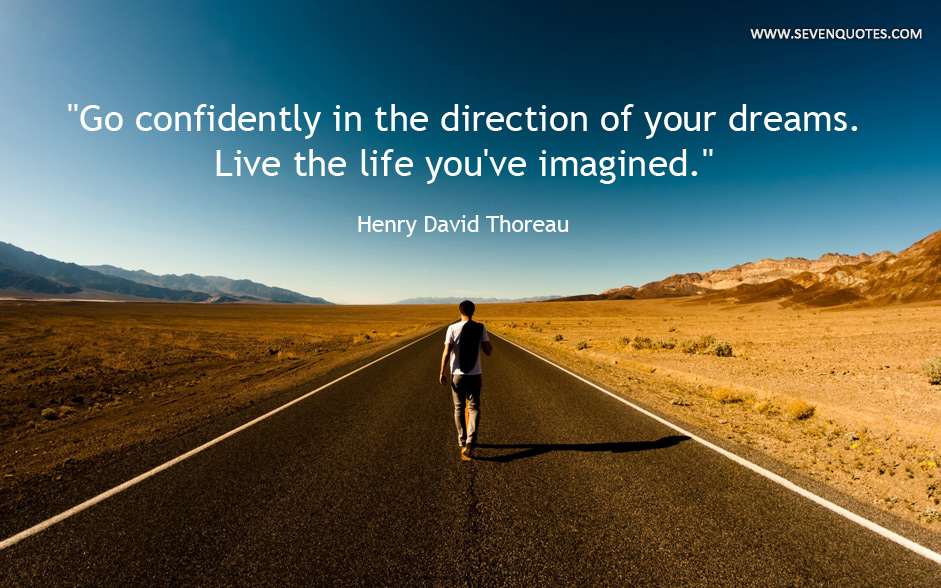Another story excerpted from the book, Living on the Real World (this from Chapter 3) to start us off…
“At the start of 1986 I was running a 200-person, 20-million-dollar-a-year National Oceanic and Atmospheric Administration (NOAA) laboratory in Boulder, Colorado. Our work spanned climate, meso-meteorology, and weather modification research, as well as systems development and rapid prototyping for decision support in weather. It was all physical science and engineering, all the time.
My career, and my perspective, were about to change.
Frank Press, a seismologist and former science advisor to President Clinton, was then president of the National Academy of Science (NAS). For several years he’d been working with counterparts across the world, trying to establish a United Nations International Decade for Natural Disaster Reduction (IDNDR). He felt an NAS National Research Council report was a necessary start but had been disappointed with an earlier result. He formed a new committee, which was supposed to have included Dr. Joseph H. Golden, a meteorologist with an extraordinary history. Among other achievements, Golden founded the Tornado Intercept Project in Oklahoma, which has since given rise to today’s widespread tornado chasing, both for research purposes and as a form of eco-tourism.
For some reason, Golden stepped back from participating. Through the ensuing series of coincidences that so often shape our lives, I found myself appointed the committee’s token meteorologist in his stead.
I knew nothing about disaster reduction.
Worse yet, I thought I did. After all, wasn’t it obvious that the high winds and storm surge from hurricanes or the ground shaking from earthquakes cause the damage? What else was there to know?
The first committee meeting in Washington, D.C., was a revelation. The room was full of engineers, sociologists, emergency managers, and leaders of relief organizations. Geophysical scientists were in the minority, hardly to be found. Through the committee work over the next year I first learned that extremes are nature’s way of doing business. But disasters—disruptions of entire communities that persist after the extreme has come and gone, and that exceed the communities’ ability to recover unaided—are a human construct. They are the result of poor land use, inadequate building codes, poverty and other pre-existing social inequities and vulnerabilities, lack of preparedness, poor emergency response, and more…”
To say I’m thankful for this experience is to understate. It transformed my career and my life.
Why? Because my work, which to that point had been enjoyable enough, was elevated – to something consequential. The committee’s work, the IDNDR that followed, and the years of attending the Boulder-now Broomfield Hazards Workshop proved eye-opening. There’s never been a day since when I haven’t awakened to the idea that “We have a chance today to make life a bit safer and more satisfying and meaningful for seven billion people.”
Emphasis on we.
Because, as described in the previous LOTRW post, none of this work would make sense, or be fruitful, unless your small bit and mine add-in to the shared objective of a larger community[1].
Some argue that political leaders cynically use the expression “live for a purpose greater than yourselves” or something like it (e.g., John F. Kennedy’s “ask not what your country can do for you, but what you can do for your country”) cynically – to get us to make sacrifices for causes that might be counter to our values. But this call, and other instances like it (such as Kennedy’s subsequent invitation to Americans to join the Peace Corps) are in a way just the opposite. We have built into us (coming up in Part 4 of this LOTRW series) a desire to matter, to make a difference, to do something meaningful – as measured by our values, not in contradiction to them. Leaders provide context and framework that don’t redirect so much as ignite our latent passion, and help make that passion effective, rather than lead to frustration and burnout.
So it turns out, that a better articulation of “live for a purpose greater than yourselves” would be “don’t sell your greatness short! Expand your idea of your abilities, your character, and how much you matter, by expanding your idea of your purpose – why you were put here.”
Chances are that as you’re reading this, you’re already mindful of the larger purpose that motivates you. Bravo! But maybe you see yourself as still searching. If that latter is the case, a blend of wager/encouragement: chances are you’re closer to such self-awareness than you realize; your call is lying just beneath the surface of your thoughts. Set aside a bit of time for yourself these next few days to reflect on why you’re here in this world, what you want to contribute – and you’ll likely be rewarded with some new insight, depth of vision.
Turns out our friend Thoreau had advice for this as well:

A greater purpose – one congruent with our dreams? Another reason for (perpetual) thanksgiving.
_________________________
[1] A community that includes the so-called Weather Enterprise, or Global Weather Enterprise, yet is far larger – comprising emergency managers, city planners, critical-infrastructure providers, myriad NGO’s… and much, much, more.

Bill:-
Something to think about – cynicism is frustrated idealism.
A great Thanksgiving (sadly, our forgotten Holiday) to you and yours!
🙂 Well said, John… and a Happy Thanksgiving to you and yours as well.